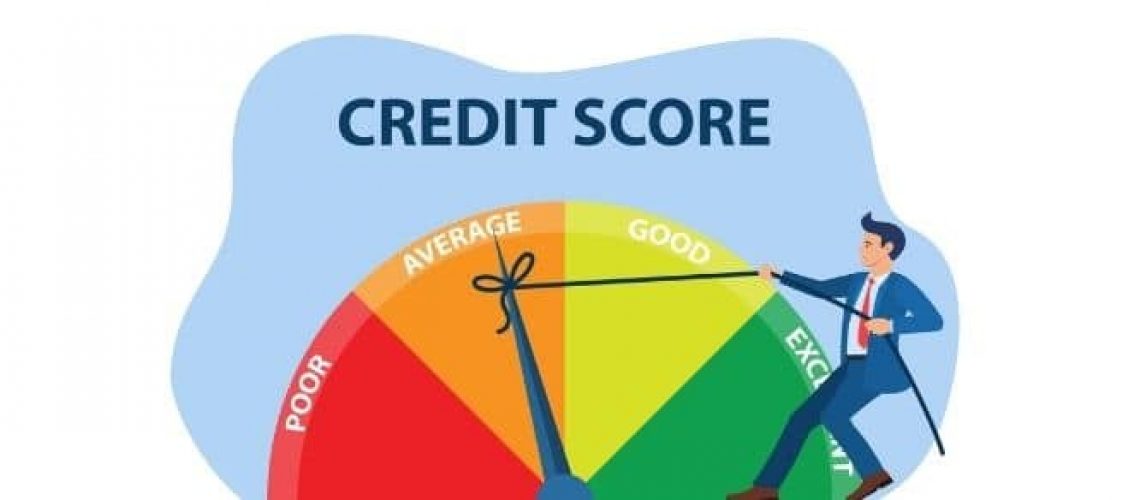Steps to Rebuilding Your Credit Following a Bankruptcy in Philadelphia
Filing for bankruptcy in Philadelphia provides you with a fresh start, but if not used correctly, it can be very easy to incur debt once again and not receive the full advantage of the bankruptcy discharge. In fact, after a bankruptcy, many individuals are able to establish a much improved credit score within 12 months to two years by establishing a good payment history.
As an experienced Philadelphia bankruptcy lawyer, I can offer you these suggestions for rebuilding your credit after a Chapter 7 or Chapter 13 bankruptcy.
-
First and foremost, pay your bills on time. Timely payments on vehicles, rent and mortgage can only help re-establish a positive credit profile while maintaining your secured assets.
-
Get a secured loan and pay it off. Once you have established your savings and checking accounts at a bank, see if you can get a secured loan from the bank. You deposit some money in an account, say $500, and you get a loan of $400 to $500 secured by the deposit. You will have to leave the $500 in the bank while the loan is outstanding. Make each payment on time until you have completely paid it off. In fact, it’s probably a good idea if you deposit the loan proceeds in your savings account and use them to make the payments. That way you will be sure to have enough money. After all, the purpose of the loan is not to allow you to buy anything. It’s solely to improve your credit.
-
Get a secured credit card. A secured credit card works just like a secured loan. You deposit some money in your savings account, say $500 and you ask the bank to give you a credit card with a $500 limit. You want to find a bank that will eventually lift your credit limit beyond what you have deposited after 12 to 18 months with a good payment history. Make sure you make all your payments on time and do not exceed your credit limit.
4. Stay out of any unsecured debt. After a bankruptcy one is generally inundated with offers for personal loans, credit cards, timeshares and other high interest debt. Lenders are fast to make offers to recent filers of bankruptcy in that the recent filer no longer has debt or they are in a plan of reorganization, making it likely that the “new” creditors will be repaid, albeit at a high interest rate.
Getting a car loan after a bankruptcy in Philadelphia
Before offering you a car loan, a lender will usually inquire about what type of credit you have established following the bankruptcy. For example, a lender may want to know if you have a secured credit card with at least some payment history. It is a good idea to develop a payment history for at least six months before applying for a car loan. This will help you become eligible for a better rate. A large down payment and the reliability of your income will also help you obtain a reasonable rate.
Getting financial aid/student loans
Your bankruptcy will not affect your eligibility for government loans, but will affect private loans. Government loans are based on need, while private loans are based upon your credit.
If you are feeling overwhelmed by debt, please contact experienced Philadelphia bankruptcy attorney Brad Sadek for a free initial consultation. Brad has more than 20 years of experience handling Chapter 7 and Chapter 13 bankruptcy.





